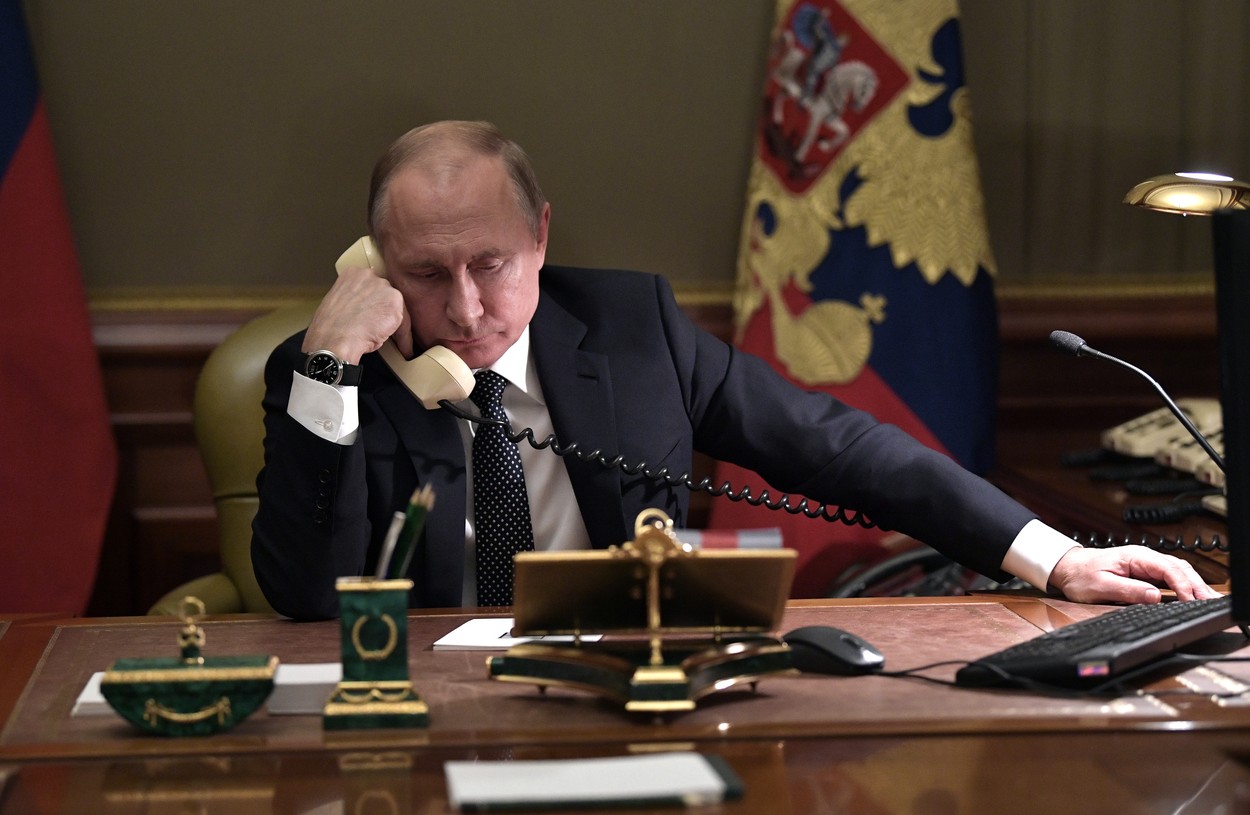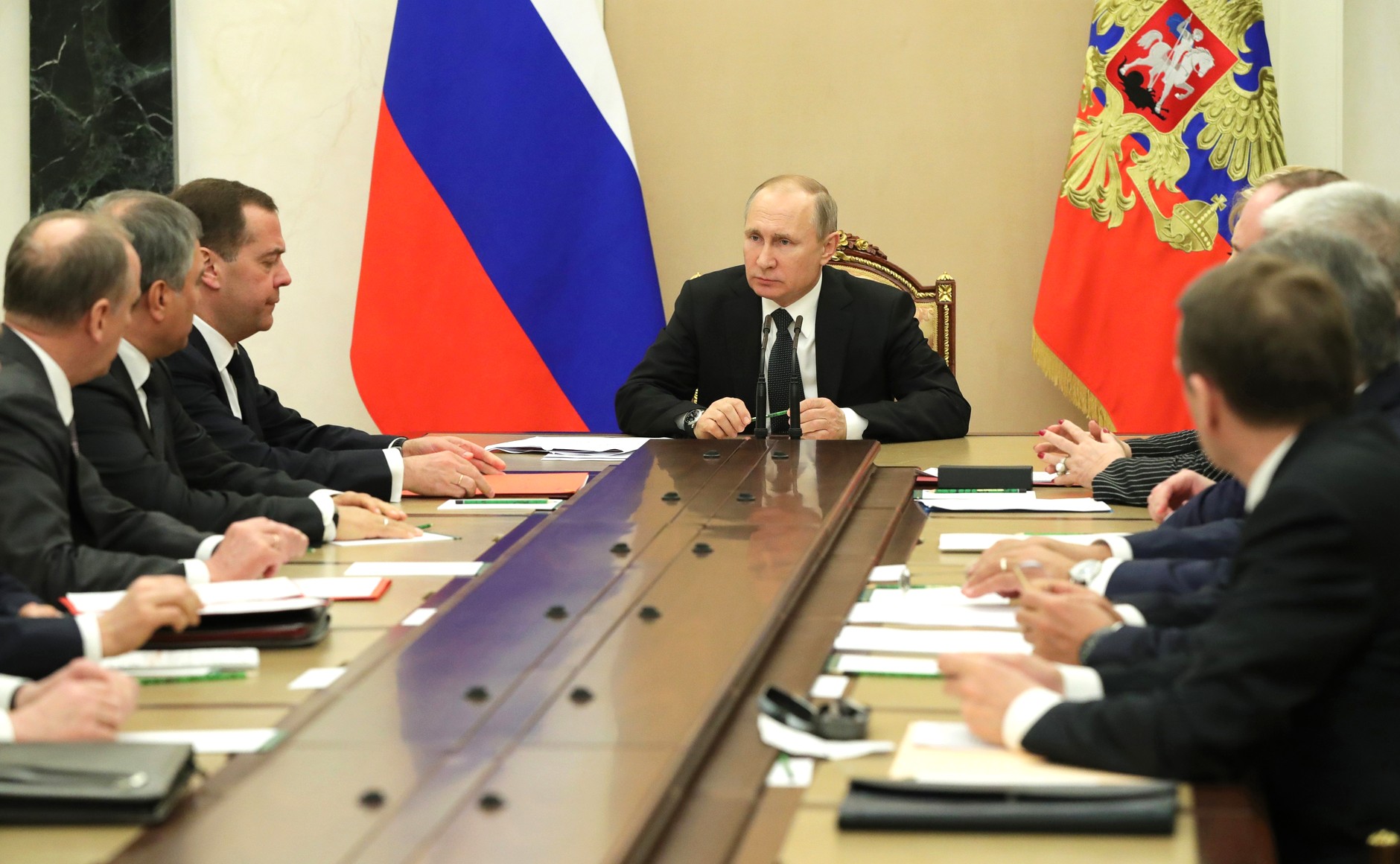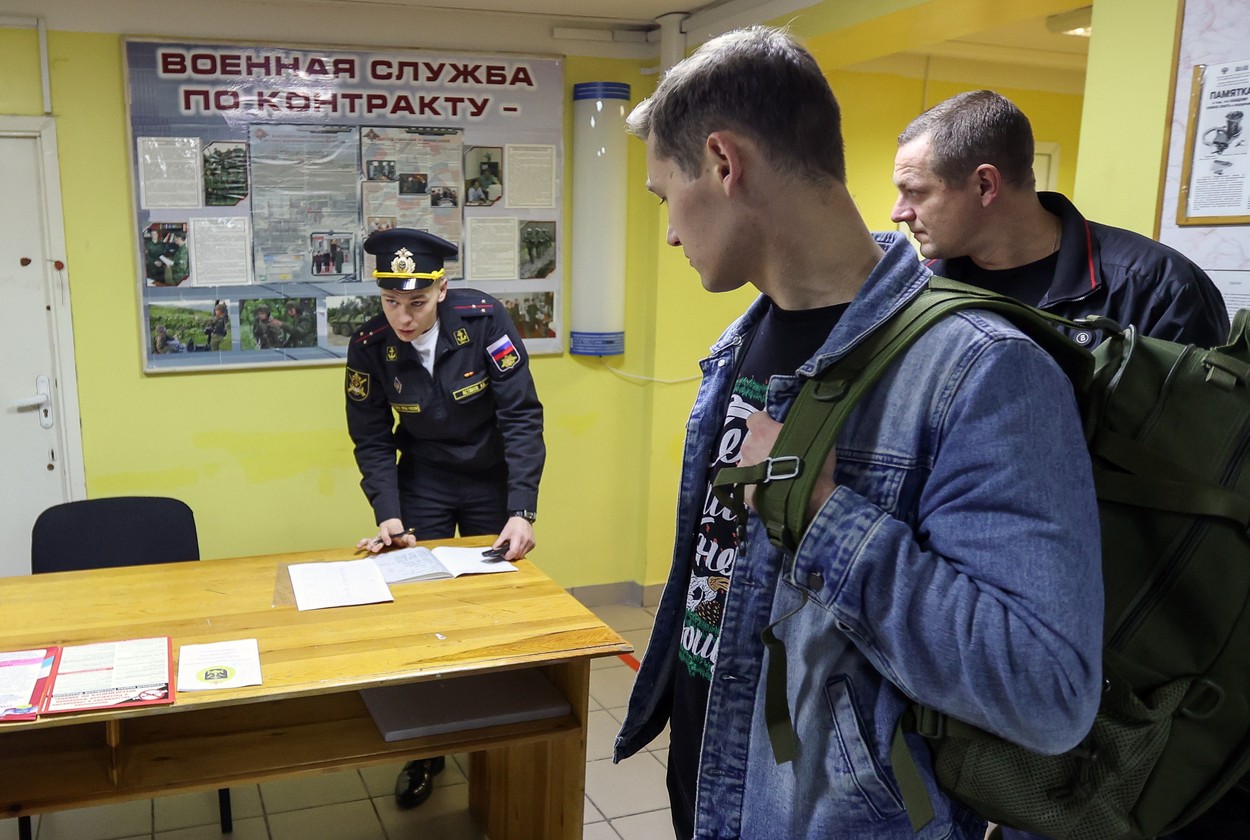
Confidence in Vladimir Putin in the Russian government has fallen sharply due to a number of decisions he made both before the start of the war in Ukraine and because of the way he began to behave after the invasion, writes Meduza.
“I’m afraid of him. But this is fear without respect. There is no respect [pentru Putin] for several years,” a source close to the authorities told Meduza journalists. Two more interlocutors close to the Moscow authorities and a source in the Kremlin spoke about such thoughts in the cabinet.
They said attitudes toward Putin, who turned 70 on Friday, had soured after the Kremlin forced the government to raise the retirement age in 2018, a decision that opinion polls showed most Russians did not support.
In January 2020, there were personnel changes in the government, when Mykhailo Mishustin became the prime minister in place of Dmitry Medvedev, but many middle-ranking employees have worked in the central administration for years and remember how the executive branch was tasked with reforming the pension system, although the measure was agreed and approved by Putin.
In the following years, the situation only worsened.
Putin no longer consults the government about the decisions he makes
According to Meduza’s interlocutors, the Russian president gradually stopped warning ministers about what he was going to do in the near or distant future.
“Until recently, vice prime ministers and ministers worked with the president. He told them the scenarios he thought were likely and asked, “If we do this, what consequences can we expect?” And if we do, what will happen next?”, – reports one of the sources close to the Russian authorities.
“That’s not the case anymore,” she notes, reporting that after the COVID-19 pandemic hit Russia, Putin, who is known to be a hypochondriac, refused to consult with the government and began taking all measures on his own after key decisions. a short discussion with his immediate environment.
“[După izbucnirea pandemiei]everything started to fall on its head without warning,” says one of Meduza’s interlocutors, citing several sources as an example of “support measures” for the population during the pandemic, which were widely ridiculed by the Russians.
“Meduza” sources note that earlier Putin acted in the opposite direction: first he carefully listened to the proposals of the ministries, then he chose which proposal seemed optimal to him. At the same time, interlocutors close to the government say that because of fear, the ministers did not dare to argue with Putin even in the face of his most unexpected decisions.
It is also said that Putin’s refusal to listen to his subordinates’ reports of problems is causing many officials to seriously embellish the truth in documents to the president.
For example, they do not report the real effects of sanctions on the economy.
“Some nonsense happens every 48 hours, nobody really understands anything,” a source close to the Kremlin succinctly described the situation.
- Related: Is Vladimir Putin getting fake reports from his generals? What the stories of ordinary Russian soldiers testify to

PHOTO: Oleksiy Nikolsky / Sputnik / Profimedia Images
Growing discontent after the start of the war in Ukraine
All these problems intensified after the start of the war in Ukraine on February 24.
Like Medusa, the investigative site banned by Russian authorities in early March, most Moscow officials, even those at the highest levels of government, were unaware that a massive intrusion had begun until the last minute.
In addition, according to some sources, after the start of the “military special operation”, Vladimir Putin lost interest in internal affairs, increasingly distancing himself from power and instead getting closer to his infamous “inner circle”.
It seems that now only members of the Security Council of the Russian Federation can still partially influence the decisions of the leader in the Kremlin, and even then not all of them.
“They are probably not happy with Putin at all. The business community and many members of the government are unhappy that the president started the war without thinking about the scope of the sanctions. The “Hawks” are not satisfied with the pace of the “special operation”. They think they can act more decisively,” a source close to the Kremlin told Meduza in May.
Months later, the sentiment among civilian officials and those who advocated escalating the war has changed little.
At the same time, as Russia’s failures on the front mount, Putin is moving closer to the views of the pro-war party, and those who support a peace treaty with Ukraine, most of them members of the government, are growing even bigger. pessimistic.

PHOTO: Kremlin.ru
The mobilization decree is another problem of the Russian government
Officials of the central administration in Moscow are also dissatisfied with others.
“The mobilization was announced, but, of course, there was no money for it in the budget,” says one of the sources close to the authorities. It is also said that before the announcement of mobilization, the authorities did not notice the unrest in various regions of Russia, although the war in Ukraine was dragging on and the number of dead soldiers was increasing.
“But [acum] The situation is very different: Russia before the start of mobilization and after it are two different countries,” she emphasizes.
Sources close to the Kremlin, as well as a person familiar with the opinion of some close to Putin, say that now the Russian president “cannot give an image of the future” even to high-ranking officials and big businessmen.
“These people are suffering because of the sanctions, they are losing huge amounts of money. But it is absolutely unclear to them whether the Kremlin will be able to compensate for all this,” says one of the sources.
As a result, the Russian “vertical hierarchy of power” begins to “float and fall apart,” according to her.

PHOTO: Pavlo Lviv / Sputnik / Profimedia
Russian governors complain that they do not have money for the measures promised by Vladimir Putin
Russian governors have begun to openly state that they do not have the money to fulfill the Kremlin’s promises, and the founder of Wagner’s mercenary group Yevgeny Prigozhin and the head of Chechnya, Ramzan Kadyrov, openly (and very harshly) criticize the leadership of the Russian army.
“Now, for example, [primarul Moscovei] Serhiy Sobyanin reports that the families of the mobilized will be supported from the city budget. Such recommendations came from the Presidential Administration and other governors to reduce social tension. But most of them don’t have money for it. And his colleagues from other regions perceive Sobyanin’s actions quite negatively: “Continue, Serhii Semenovich, with PR actions,” a source close to the Kremlin paraphrased the sentiments.
How Putin will end the war is also unclear to members of Moscow’s executive branch, and several senior Meduza interviewees are concerned about Putin’s claims of a nuclear strike in the context of Russian frontline defeats.
“He doesn’t know how to lose,” says one source, noting that “it’s even harder to admit you’re losing.”
Follow the latest events of the 226th day of the war in Ukraine LIVETEXT on HOTNEWS.RO.
Source: Hot News RO
Robert is an experienced journalist who has been covering the automobile industry for over a decade. He has a deep understanding of the latest technologies and trends in the industry and is known for his thorough and in-depth reporting.